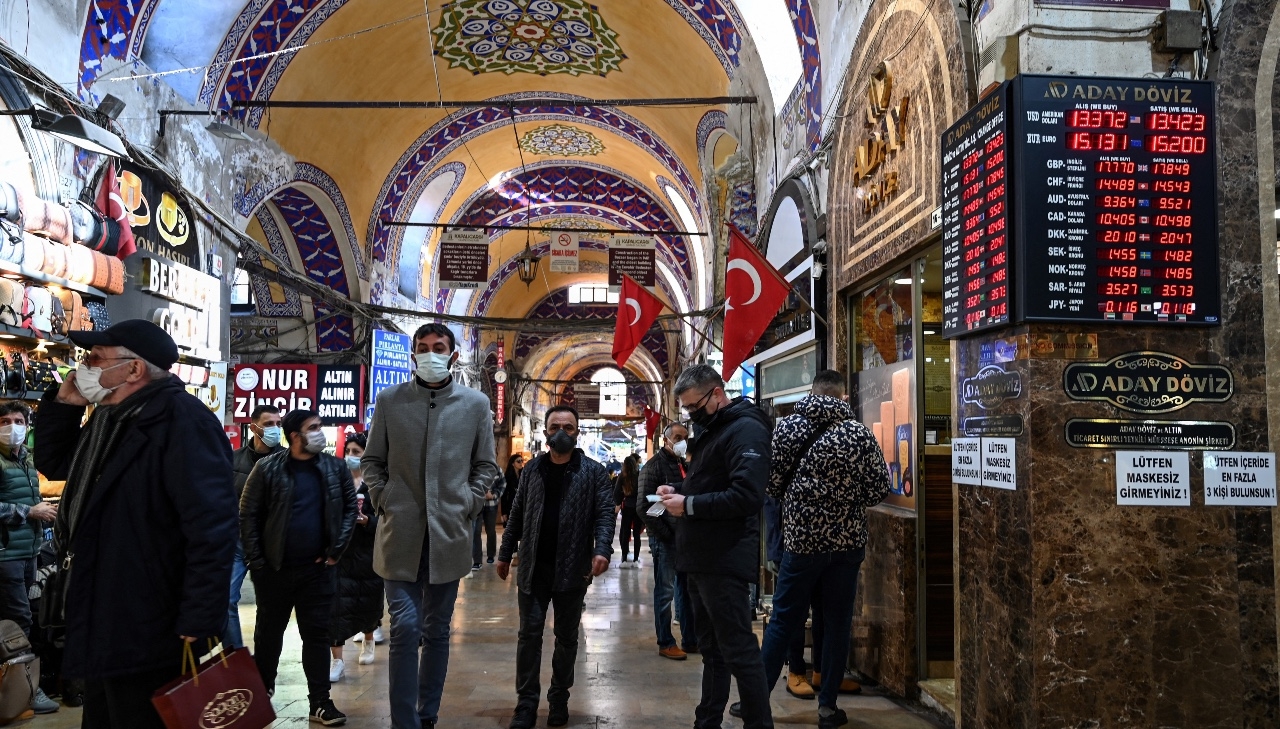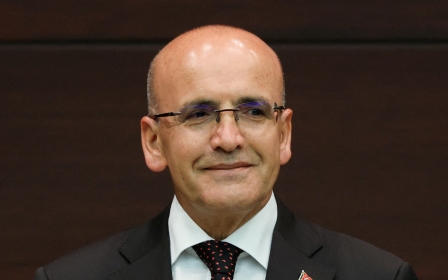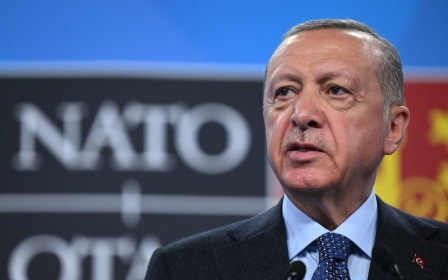Turkey hikes minimum wage in bid to fight cost of living crisis

The Turkish government announced on Tuesday an increase to the monthly minimum wage by another 34 percent starting on 1 July.
The minimum wage will increase to about $483 and is part of an effort to ease the impact of inflation, which until recently was one of the highest in the world.
In December, the government increased the minimum wage by 55 percent. At the time inflation stood at 85 percent.
In May, inflation dropped to just below 40 percent, its lowest level since 2021.
"The minimum wage assessment commission completed its work with an agreement between the workers and employers," Labour and Social Security Minister Vedat Isikhan said in a televised address from the capital Ankara.
New MEE newsletter: Jerusalem Dispatch
Sign up to get the latest insights and analysis on Israel-Palestine, alongside Turkey Unpacked and other MEE newsletters
The increase will help to alleviate the purchasing power among workers, over a third of whom earn the minimum wage.
Turkish President Recep Tayyip Erdogan, who won re-election last month, promised to fight inflation and increase the minimum wage as part of his campaign.
Despite the big headline wage boost, the plunge in the lira's value means that actual wages have increased only fractionally in dollar terms over the past year.
In 2023, the Turkish lira lost around 20 percent of its value against the dollar.
Return to orthodoxy
While the entire world has seen price rises, which have been compounded by the war in Ukraine, many economists say that Turkey's inflation problem is largely self-inflicted.
Erdogan subscribes to an unorthodox economic theory that high interest rates cause inflation. He has pressured the central bank to cut borrowing costs and increase credit access despite conventional wisdom saying otherwise.
The lira has shed more than 90 percent of its value over the past decade as the country has been hit by soaring inflation which has also driven away foreign investors.
More than $27bn in foreign currency reserves have been burned through since the end of 2022 as the government sought to prop up its currency and finance its enormous current account deficit.
In a bid to turn around the country's economic fortunes, Erdogan has appointed a new economic team that is seen as credible internationally.
Erdogan appointed the internationally respected ex-banker Mehmet Simsek as treasury and finance minister earlier this month.
Simsek served as finance minister and deputy prime minister between 2009 and 2018.
His appointment is aimed at tackling Turkey's cost-of-living crisis and could set the stage for interest rate hikes in the coming months.
Simsek signalled a return to orthodox economics after his appointment, saying the country had no choice but to come back to "rational ground".
"Transparency, consistency, predictability and compliance with international norms will be our basic principles in achieving this goal," Simsek said.
Erdogan also named experienced banker Hafize Gaye Erkan as the new Central Bank chief, a signal that the new government aims to move towards a more conventional monetary policy.
Middle East Eye delivers independent and unrivalled coverage and analysis of the Middle East, North Africa and beyond. To learn more about republishing this content and the associated fees, please fill out this form. More about MEE can be found here.





